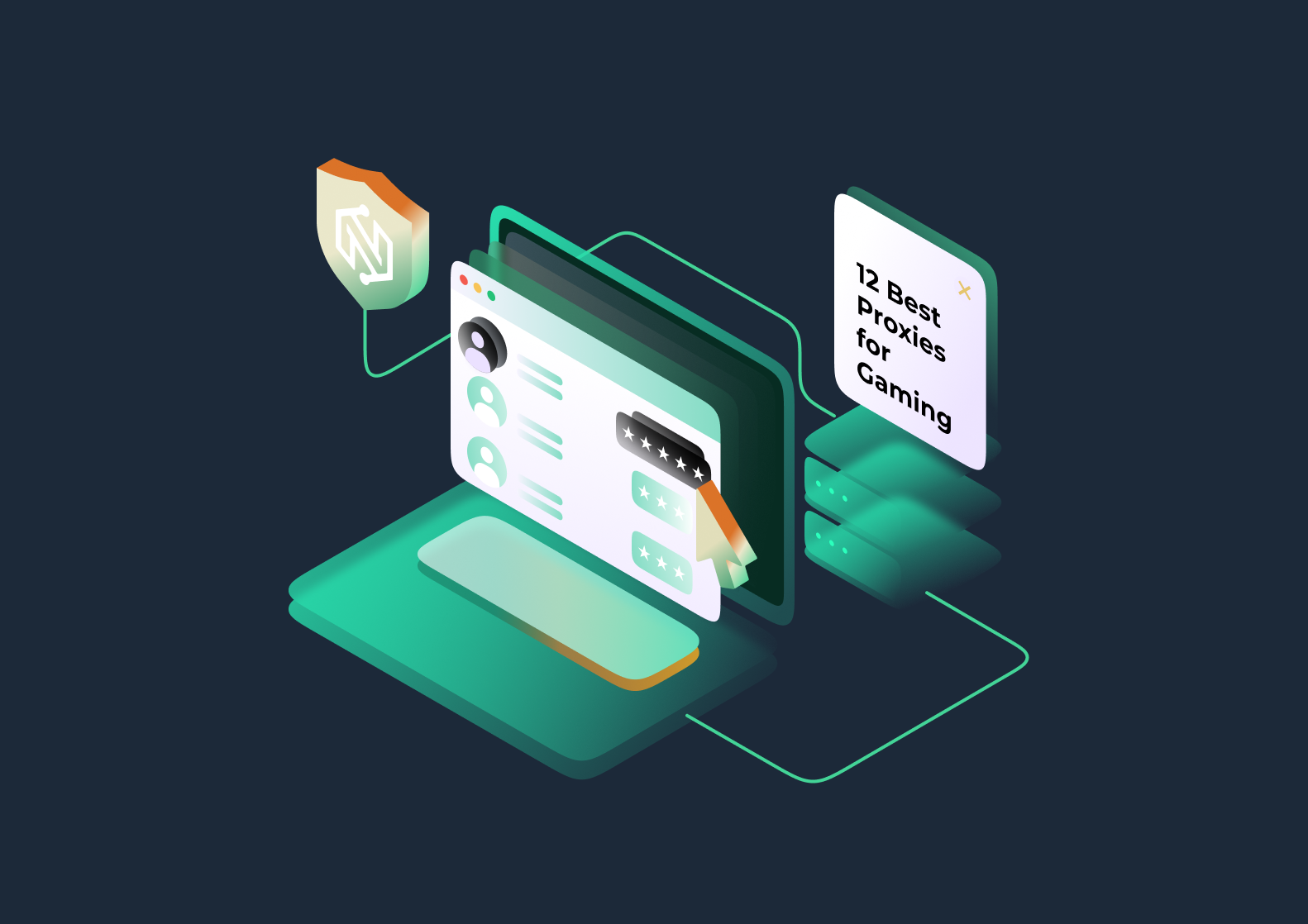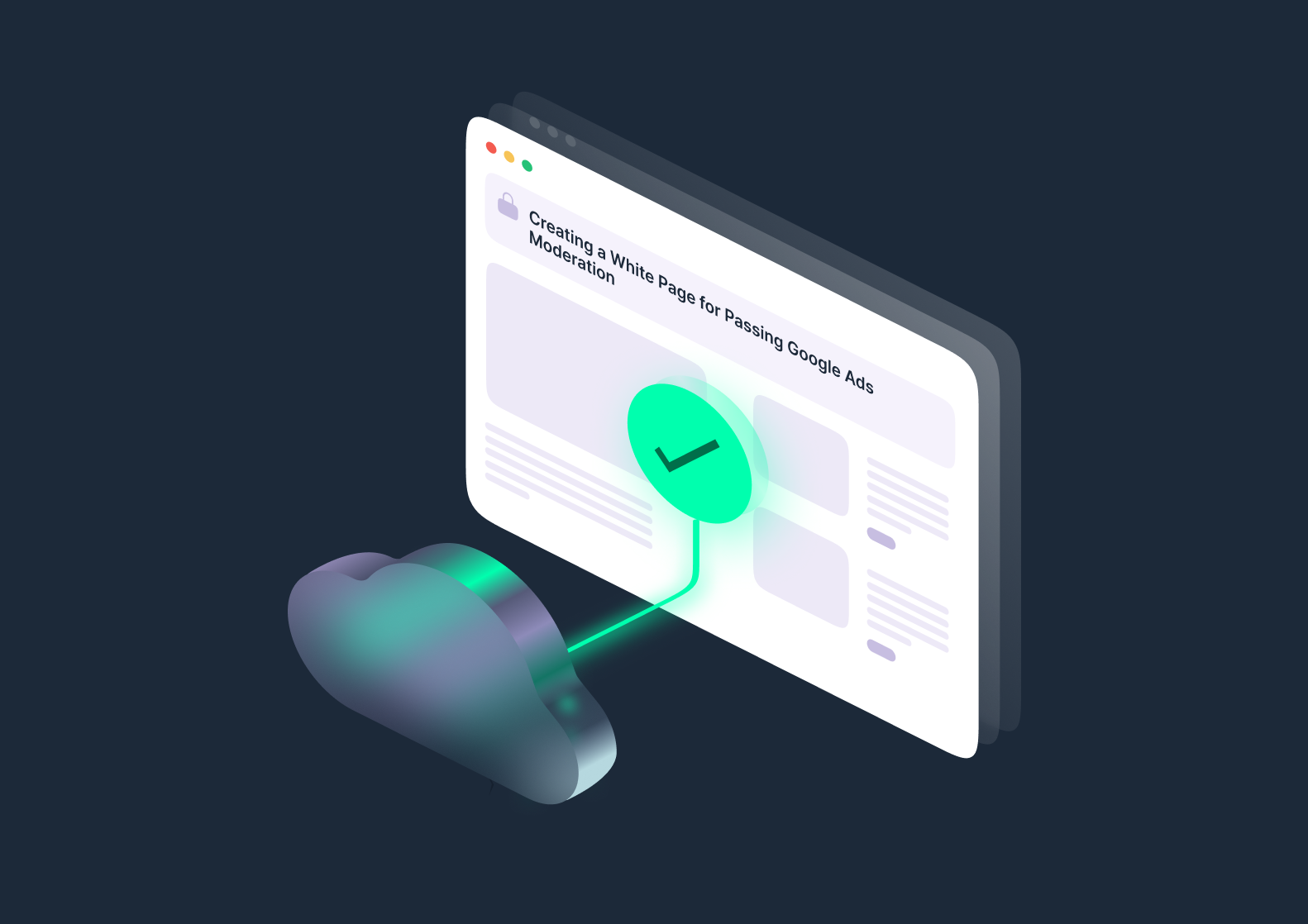Choosing the best proxy in 2025 isn’t just about finding the lowest price. It’s about reliability, clean IPs, and long-term performance. With hundreds of providers claiming to be the best proxy service, it can be hard to tell which ones are truly worth your time.
In this guide, we’ll break down how to test proxy quality, avoid common traps, and choose a provider that delivers real stability and transparency.
Understand What Makes a Proxy “The Best”
Residential vs Datacenter vs Mobile — Know the Difference
People often throw the word proxy around, but there’s a big difference between types.
- Residential proxies use IPs that belong to real homes and ISP, so websites treat them as regular visitors. Such proxies are great for things like managing social accounts or checking ads.
- Datacenter proxies are the opposite: they come from servers, not real devices. They’re usually faster and cheaper, but also easier for platforms to detect.
- Mobile proxies connect through actual mobile networks (4G/5G), which makes them appear the most authentic and safest for automation-heavy tasks.
There’s no single “best” type — it really depends on what you’re doing and how stable or safe you need the connection to be.
Tip: Check our Mobile vs. Residential vs. Datacenter proxies guide to choose the best for your use case.
Why IP Quality Matters More Than Price
It’s easy to get tempted by low-cost proxy deals, but that usually backfires.
When IPs are reused or come from flagged ranges, websites already “know” them, which can trigger account bans, rejected ads, or random disconnects.
Spending a bit more for verified, cleaner IPs almost always pays off because you lose less time fixing problems and your campaigns actually stay live.
Core Quality Signals to Look For
- Clean reputation and low detection rate. Run a few IPs through tools like PixelScan; if it shows “VPN” or “Hosting Provider,” skip that proxy service.
- ASN and subnet variety. Good proxy pools mix different networks instead of reusing one small range.
- Accurate geolocation. The IP location shown online should match the one you picked. If it doesn’t, the provider is probably using spoofed or recycled IPs.
- Trial options. A solid provider usually gives you ways to check performance and see how their IPs behave before committing to a bigger plan.
Test Before You Buy: How to Verify the Best Proxy Quality
Run IP Reputation Tests on Tools Like PixelScan or Whoer
When choosing the best proxy provider, always start by testing IP reputation.
Use tools like PixelScan, Whoer, or any trusted IP-quality checker to see how each proxy appears online.
What to look for:
- Detection tags: If the IP shows VPN, Hosting Provider, or Datacenter, it’s not a true residential or mobile proxy.
- Fingerprint consistency: PixelScan can reveal if your browser leaks mismatched data, which may expose automation activity.
- Multiple samples: Test at least 3–5 IPs. Some providers give a few “clean” ones for trials, while the rest may come from flagged ranges.
The best proxy services pass these tests without VPN tags and show consistent, legitimate IP fingerprints.
Check ASN Ownership and Subnet Diversity
After confirming IP reputation, analyze the ASN (Autonomous System Number). It shows who owns the IP range.
Why it matters:
- If all tested proxies share the same ASN or belong to the same /24 subnet, the provider is likely recycling a small, oversold network.
- Overshared subnets increase the risk of bans and lower anonymity.
What to expect from the best proxies:
- IPs spread across different ASNs and ISPs
- Wide subnet diversity (not just one provider or data block)
- Clean ownership records that don’t link to generic hosting services
The best proxy websites maintain variety in their network, reducing your exposure to shared or flagged ranges.
Test Speed, Latency, and Stability
Performance testing is just as important as reputation. When evaluating the best proxy servers, run a basic speed and latency check.
Key metrics:
- Ping stability: Look for consistent latency (not jumping from 20ms to 600ms).
- Balanced speed: Both download and upload speeds should be steady.
- Packet loss: Avoid proxies that drop requests or timeout frequently.
Tip: Always test during the same hours you plan to work. Some proxies perform well at night but slow down under daytime load.
The best proxy providers ensure uptime and stability across time zones and workloads.
Evaluate Session Stickiness and Rotation Control
Stickiness determines how long one IP stays active before switching.
For automation, scraping, or account management, reliable best proxy servers must keep sessions consistent.
What to check:
- Session duration: Can you choose how long an IP stays (10 min, 30 min, 1h, or 24h)?
- Rotation control: Are you able to decide when the proxy rotates?
- IP fingerprint match: After rotation, does the new IP come from the same ASN or country?
The best proxy for scraping or automation lets users fully control IP rotation.
Without this flexibility, random changes can interrupt sessions and cause account flags.
Avoid Common Traps When Choosing a Proxy Provider
The Hidden Cost of “Cheap” Proxies
At first, cheap proxy deals look great: big discounts, unlimited claims. But after a few days of using them, reality hits.
Most of these offers are just shared datacenter IPs recycled across hundreds of users. Once platforms start connecting the dots, your accounts or ads get flagged almost instantly.
Here’s what usually happens:
- You get random account bans for “unusual activity.”
- Campaigns stop mid-run because the IP pool dies out.
- You waste hours trying to figure out why your “best proxy” suddenly stopped working.
It might sound like you’re saving money, but downtime and lost progress quickly make those savings disappear. In most cases, paying for stable, high-quality proxies ends up cheaper in the long run.
Red Flags That Signal a Low-Quality Provider
When checking proxy sellers, don’t just look at the price tag — check how they operate. A few simple clues can tell you if you’re dealing with a poor provider:
- No trial or testing option. If you can’t test even a few IPs before buying the plan, that’s not a good sign.
- Same ASN for all IPs. When every proxy points to the same network, you’re buying from an oversold range.
- No control over rotation or session time. Good providers let you pick how long the IP stays active (10 min, 1h, or more).
- Too-good-to-be-true discounts. Offers like “unlimited traffic” or 70% off usually cover poor network quality.
If a provider avoids these questions or gives vague answers, move on. The best proxy providers are usually the most transparent ones.
Why “Cheap” Usually Means Risky in the Long Run
Running campaigns or scraping data isn’t about getting the lowest price. It’s about staying stable and online.
Low-cost proxies often skip proper filtering and network maintenance. That’s why they drop connections or get blacklisted faster.
Reliable proxy networks, on the other hand, spend resources keeping their IP pools clean and spread across different regions. This takes real infrastructure, and that’s what you’re paying for.
So yes, premium proxies cost more upfront, but they save your campaigns, protect your accounts, and keep your workflow steady. In this industry, cheap usually ends up being the most expensive mistake.
What Reliable Proxy Providers Offer
Once you’ve tested the basics, start looking at how open the provider is about their service.
The best proxy companies don’t just sell access. They actually show how their network performs.
Here’s what reliable ones usually have:
- IP validation reports. A good provider can prove their IPs are clean and tested, not copied from old or flagged subnets. Sometimes they even share reports from tools like PixelScan or independent reviews.
- Country and ASN variety. If all IPs come from one country or the same ASN, you’re basically using a shared range. The stronger networks spread their IPs across multiple regions and providers.
- Dashboard and real-time logs. You should be able to see your traffic, uptime, and rotation data without waiting for support replies.
- Support that actually helps you test. A trustworthy proxy service will walk you through setup or testing, not just drop a “how-to” link and disappear.
Tip: If a provider can’t show any of this or avoids giving clear answers, it’s usually a red flag. The best proxies come from companies that are open about how things work.
Why NodeMaven Stands Out Among the Best Proxy Providers
High-Quality IP Filtering
NodeMaven uses a proprietary IP Quality Filter that removes flagged or low-reputation IPs, giving users access only to verified, clean residential and mobile proxies. This ensures safer connections and fewer bans across all use cases.
Industry-Validated Quality
Our proxies have been independently tested by PixelScan and ProxyWay, confirming top performance in success rate, uptime, and IP cleanliness.
Super Sticky Sessions (Up to 24 Hours)
Stay connected longer with sticky sessions lasting up to 24 hours, ideal for stable workflows in e-commerce, crypto, arbitrage, or web scraping.
Traffic Rollover and Flexible Pay-As-You-Go Plans
Unused data automatically rolls over to the next month, and pricing adjusts as you scale — no locked contracts or wasted bandwidth.
Residential + Mobile in One Plan
Every plan includes both residential and mobile proxies at the same price, allowing you to switch between them freely depending on your project needs.
Expert Support and Easy Onboarding
Get real-time help via Telegram, WhatsApp, Slack, or Zoom, plus a Tailored Proxy Onboarding Tool that helps you configure proxies for your exact use case.
NodeMaven combines clean IP filtering, long sessions, flexible pricing, and hands-on support — everything professionals need to get the best proxy provider for their workflow.
Start your NodeMaven trial today and get 1 GB of premium residential and mobile proxies for just €3.99. The simplest way to test real quality before scaling up.


